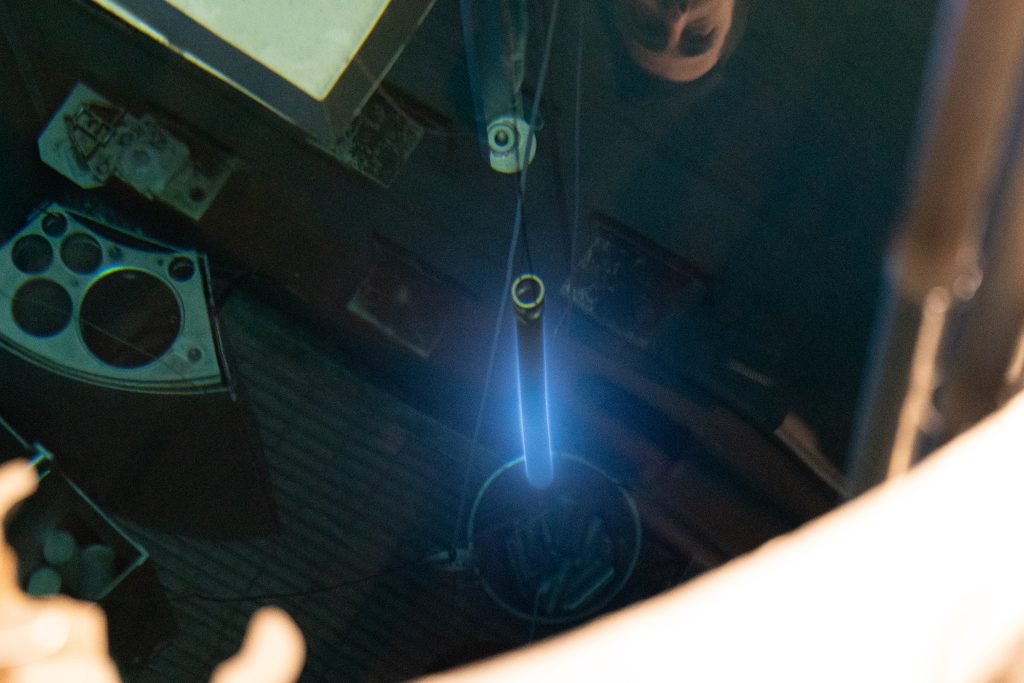Published on Nov. 22, 2023
Updated on Dec. 8, 2023

Who among us has not been deeply affected by cancer, whether it is because you are a cancer survivor yourself or because you are the mother, father, aunt, uncle, brother, sister, or child of someone who has had cancer?
Research at most large universities remains, for the most part, an unknown frontier to the public. What exactly does “research” mean, and why should it matter to our citizens?
The recent announcement by the MU Research Reactor (MURR) was important both as a research milestone to be applauded by researchers but also as a development that can be understood and appreciated by everyone who thinks about their health and that of their loved ones. And who doesn’t?
In June 2023, researchers at MURR announced the submission of a radioisotope to the Food and Drug Administration (FDA) for approval. This radioisotope is meant to improve cancer treatments. What exactly does this radioisotope do?
A radioisotope, as defined by the National Cancer Institute, is “an unstable form of a chemical element that releases radiation as it breaks down and becomes more stable.”When the isotope latches on to a cell, it releases radiation and decays in potency over time, and ultimately becomes “stable.” When this radioisotope is attached to a cancer cell, it emits radiation, killing the cancer cell. Over time this radioisotope itself decays. The purer the isotope, the more effective the radiation, hence the more effective the cancer therapy. The recent submission by MURR is for a “no-carrier added Lutetium-177 (N.C.A. Lu-177),” which is a purer form of Lutetium-177 (Lu-177) that MURR was already producing. In other words, we now have a product that is more effective in the treatment of cancer given that it is a purer form of the last version. And, if approved, MURR would be the sole producer of this purer version of Lutetium-177.
I am a cancer mom and this is research that I can relate to – it is research that matters to all of us.